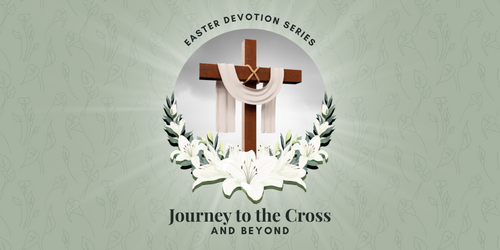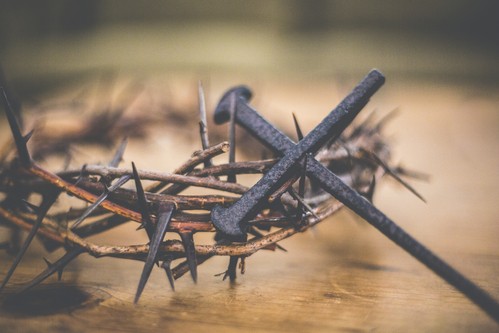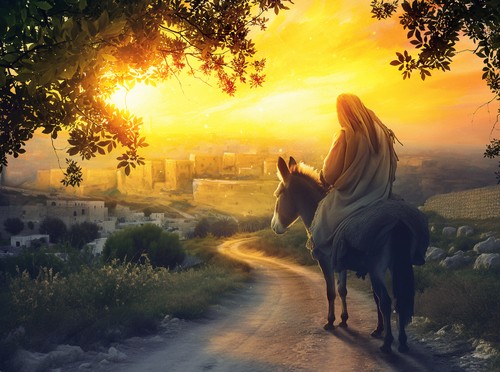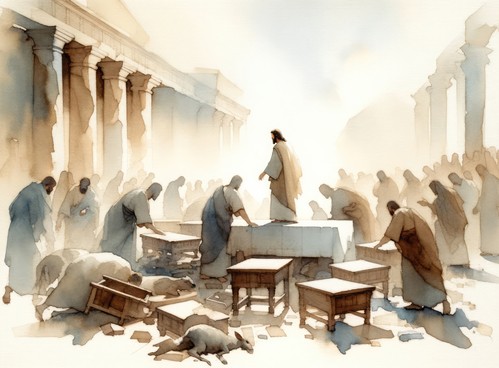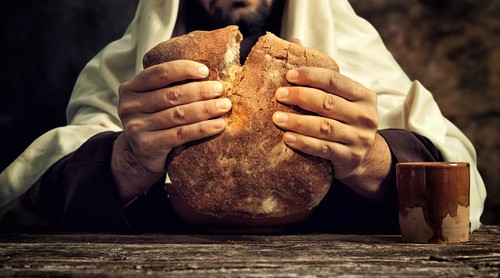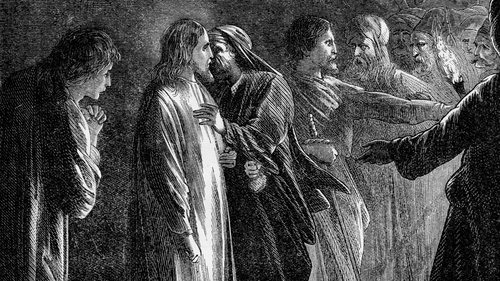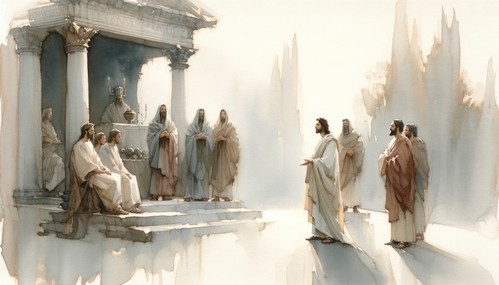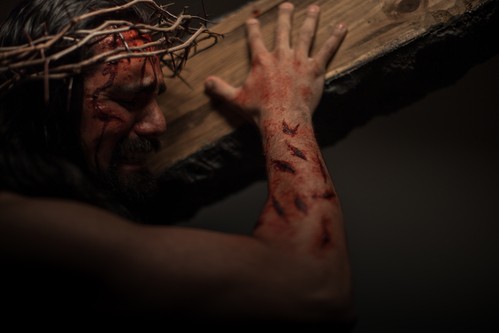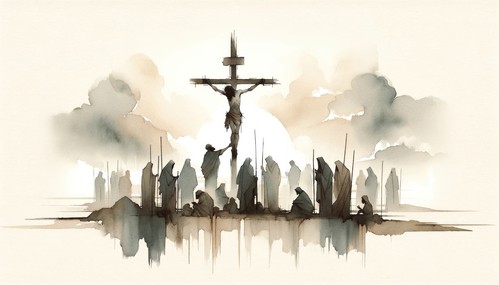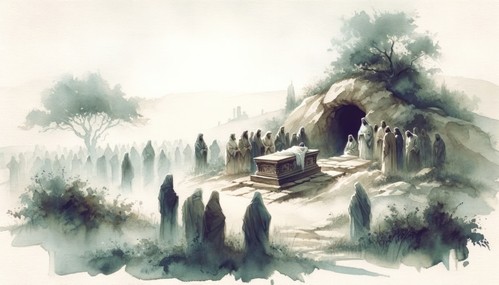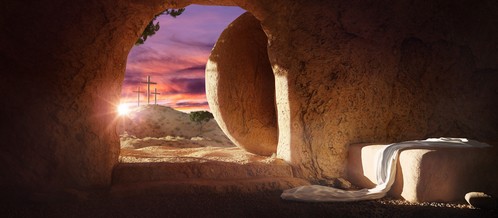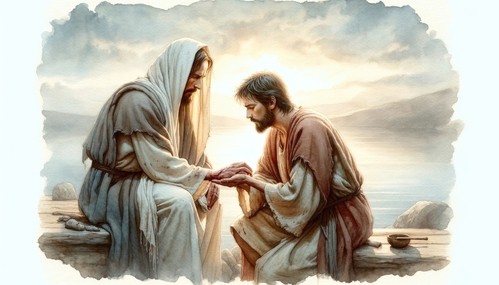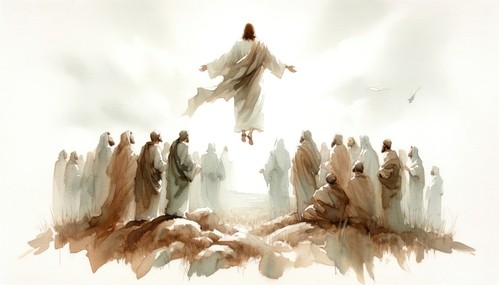“Pilate then went out again, and said to them, ‘Behold, I am bringing Him out to you, that you may know that I find no fault in Him.’ Then Jesus came out, wearing the crown of thorns and the purple robe. And Pilate said to them, ‘Behold the Man!’ Therefore, when the chief priests and officers saw Him, they cried out, saying, ‘Crucify Him! Crucify Him!’ Pilate said to them, ‘You take Him and crucify Him, for I find no fault in Him.’” - John 19:4-6
In one of the darkest moments in history, Jesus stood before the Roman governor, Pilate. He was innocent, without sin, and yet He was condemned to die. Pilate, after examining Him, declared that he found no fault in Jesus. However, the cries of the crowd were relentless, and despite Pilate's verdict, the chief priests and officers continued to demand His crucifixion.
What stands out most in this moment is that, despite His innocence, Jesus remained silent before His accusers. He did not argue His case or try to defend Himself. He did not cry out for justice. Instead, He fulfilled the prophecy of Isaiah 53:7, which said, "He was oppressed and He was afflicted, yet He opened not His mouth; He was led as a lamb to the slaughter." Jesus’ silence in the face of injustice is a powerful reminder of His obedience to the Father’s will. He knew that His suffering was necessary for the salvation of humanity, and He willingly endured it, despite the overwhelming injustice.
This moment at Pilate's trial is not just about the injustice Jesus faced, but about the depth of His love for us. His silence, His suffering, and His willingness to go to the cross were all part of the plan to redeem us from sin. Jesus knew that His sacrifice would bring about the possibility of reconciliation between God and humanity, and He embraced it fully.
Jesus’ trial before Pilate serves as a reminder that we, too, will face moments of injustice, misunderstanding, and suffering. When we are wronged, it’s natural to want to defend ourselves, to fight for our rights, or to demand justice. However, Jesus’ example challenges us to trust God even in the midst of wrongful accusations or difficult circumstances. His silence before His accusers was not passive resignation but active trust in God’s plan.
In our own lives, we may encounter moments when we face unfair treatment or are unjustly accused. Jesus’ response to these situations calls us to surrender to God’s will and trust in His ultimate justice. While we may be tempted to argue our case or retaliate, we are called to respond with grace, knowing that God is our defender. Just as Jesus endured the cross for our salvation, we are invited to endure hardship with the same trust and obedience.
Moreover, Jesus’ sacrifice was not for Himself, but for us. He willingly went through the trial, the suffering, and the cross so that we might be saved. His sacrifice was the ultimate expression of love, and it calls us to live lives of gratitude and surrender to His will.
